Develop and configure a neural network (AI) for OBOZ Digital

Task
Problems of the project:
- based on the accumulated questionnaire data of counterparties, it was planned to give the "Scoring" module the most reliable forecasts of the ratings of Suppliers and Buyers;
- oboz needed an IT partner with experience in designing and implementing modern neural network-based computing algorithms. Also, because of the active development phase of other modules of the Product, Oboz lacked its own resources;
- internal interconnection of the modules. The logic of the "Ratings" and "Bonuses" modules is closely related to the "Scoring" module.
Decision
1 Stage. Analytics.
The architecture and data scheme were designed, partial technical specifications (PTS) and technical statements for the development of the "Ratings", "Bonuses" and "Scoring" modules were elaborated. For the module "Scoring" on the stage of analytics prototypes of three neural network models were implemented, by the results of training and testing which neural network model with the best indicators was selected as basic for the stage of development.
2 Stage. Development.
Binding, data schema, operation logic and external relations of the "Ratings", "Bonuses" and "Scoring" modules were implemented on the backend, both between themselves and with other modules of the product. For each of the three new modules, a web interface has been implemented so that the platform administrator can configure the modules. We have provided 30% coverage of the code by unit-tests. In the course of acceptance of the work by customer functional, regression, integration and load testing of new functionality was conducted on a test bench, in addition we adjusted the algorithm of neural network to acceptance testing of the reliability of the rating given by the "Scoring" module, the client team conducted the review of the backend and frontend code. The customer was satisfied with all of the checks.
As a result of the implementation and stabilization, detailed technical documentation for the modules "Ratings", "Bonuses" and "Scoring" for the possibility of their independent integration into the product releases and further development by the Customer.
Technology stack, engine:
Ratings and Bonus modules: kotlin/java, spring-boot, consul, kafka, keycloak, PostgreSQL, vue.js. Scoring module: python, consul, kafka, keycloak, PostgreSQL, Minio, vue.js.
Result
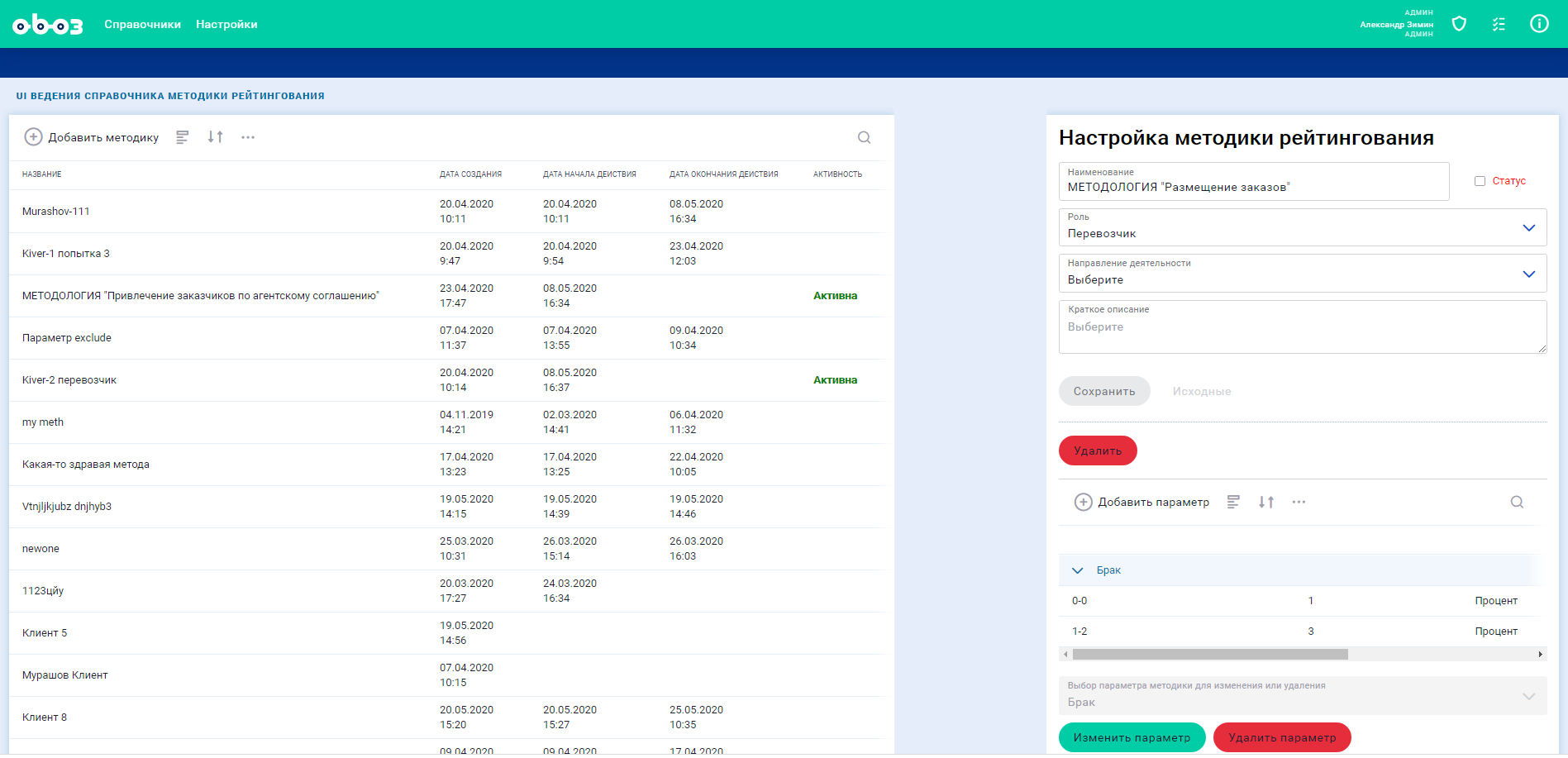
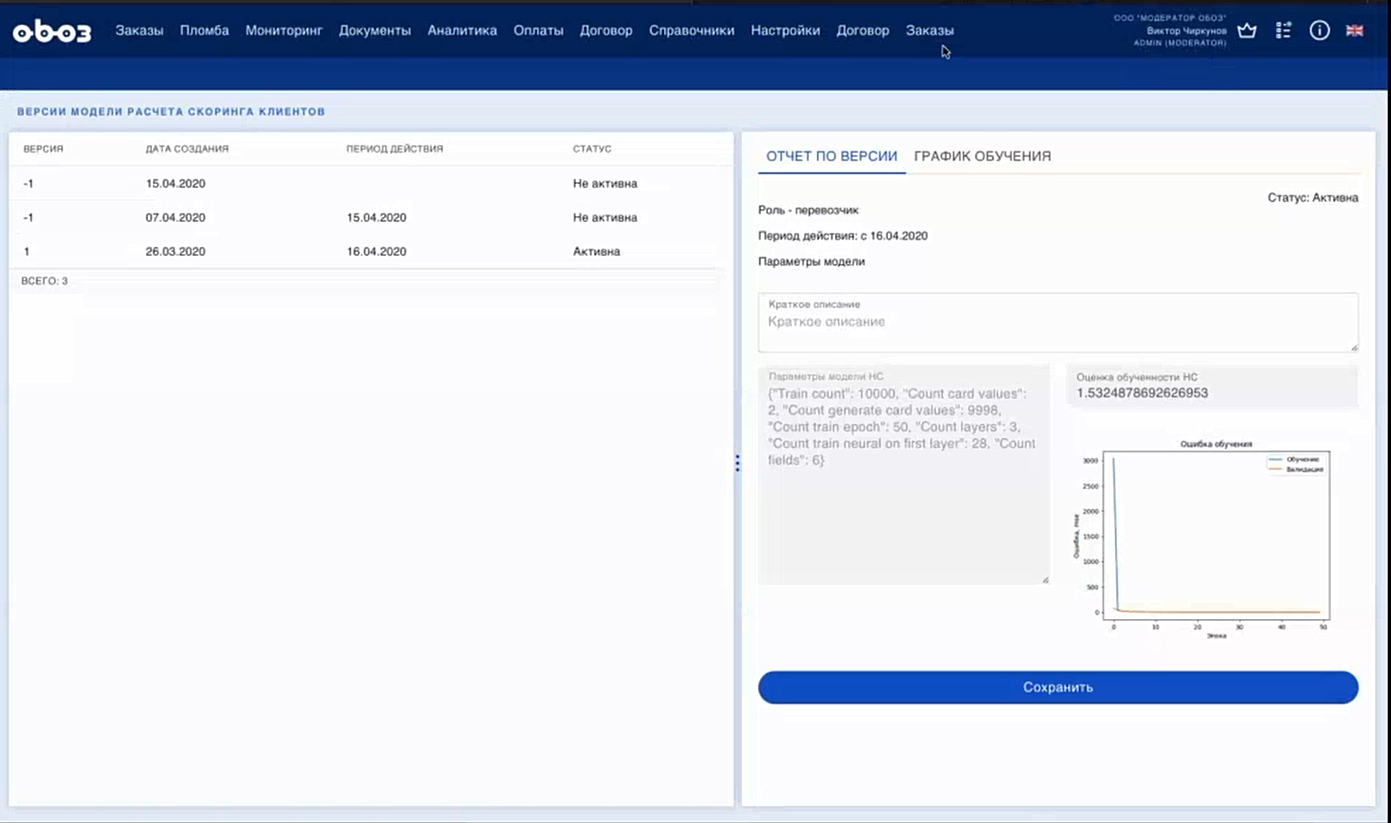
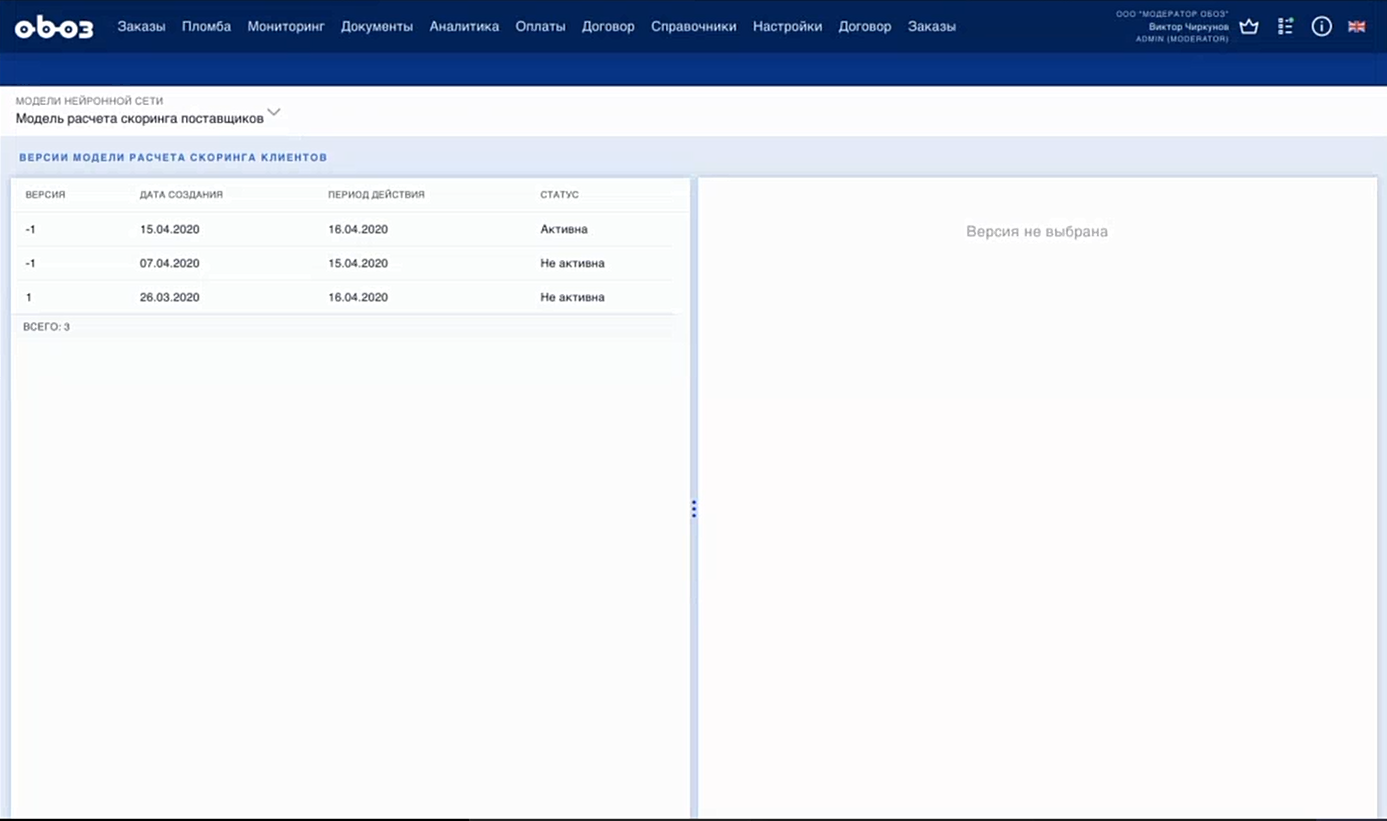
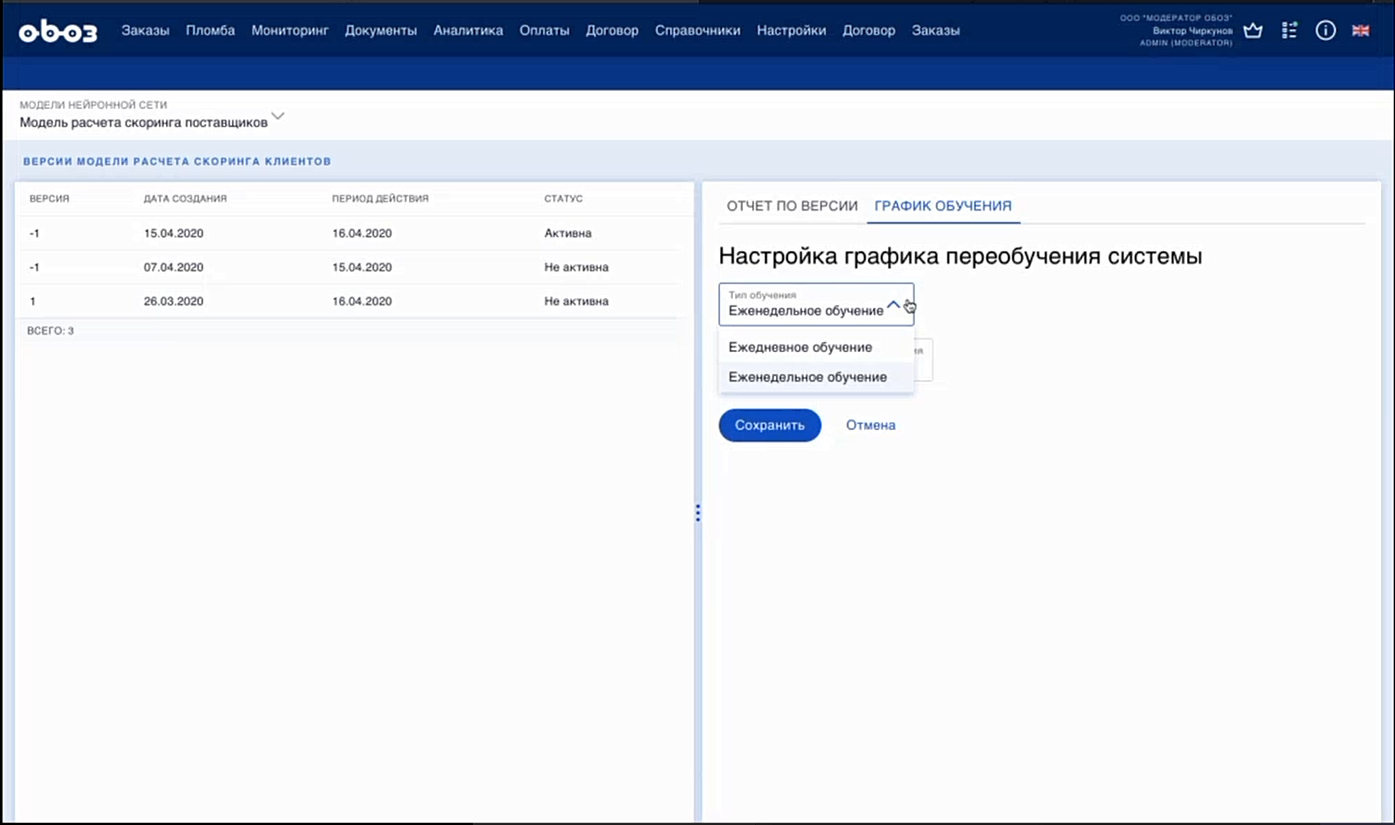
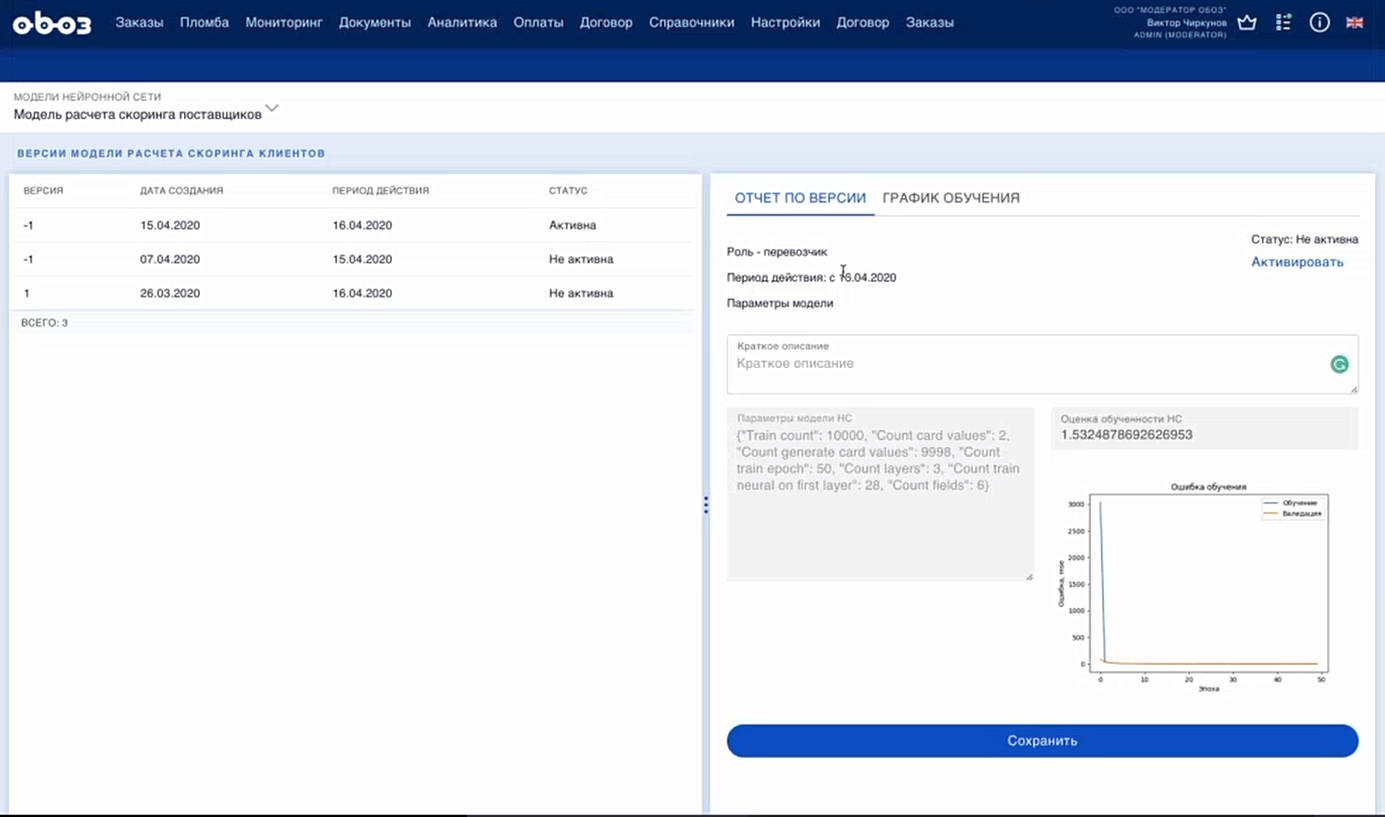
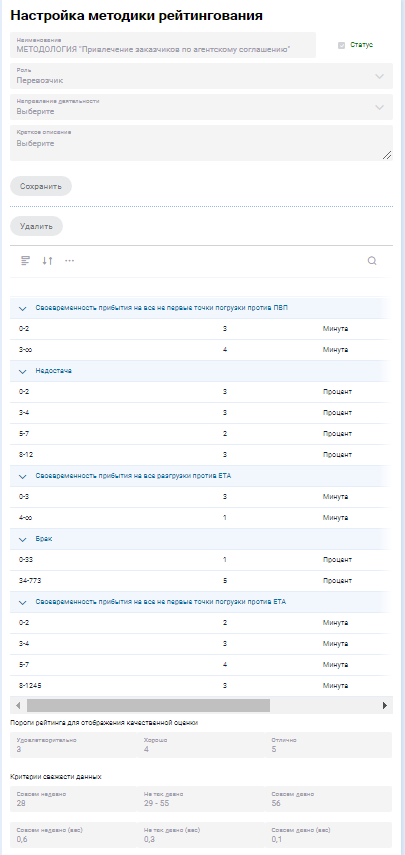
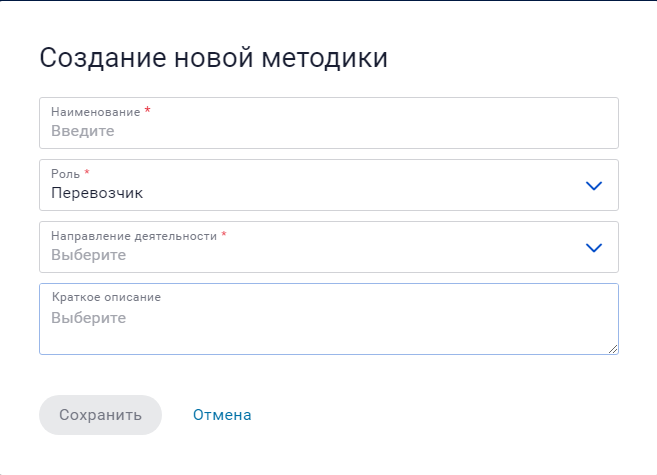
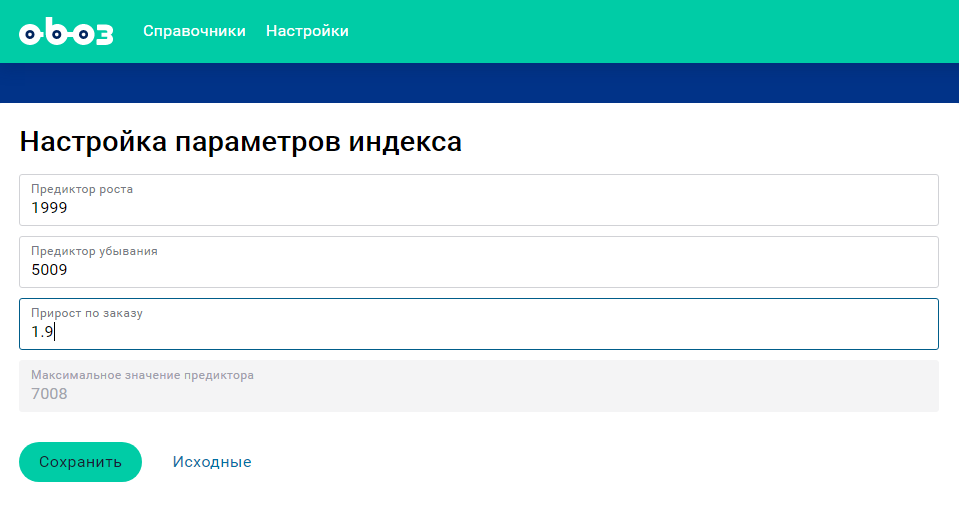
Project timeline, labor costs:
1 Stage. Analytics - duration 3.5 months.
Total hours spent: 750 hours;
The team from DZ: systems analyst, business analyst, java teammate, python teammate, neural network specialist, and project leaders from each team;
The Customer's team includes: a business architect/functional customer, a systems analyst, a systems architect, and a project manager/functional customer.
Stage 2. Development - duration 8 months.
Total hours spent: 2,100 hours;
In the team from DZ: java developer, python developer, frontend developers, neural network specialist, project managers of each team;
In the team from the customer: testers, devOPS, team lead backend, team lead frontend, business architect/functional customer, project manager/functional customer.
Help GLOSAV prepare and deliver the final set of documentation (44 documents) in 12 working days for delivery to the final …
Pharmaceutical marketplace with the functionality of loyalty programs (bonuses for purchases, promotions, etc.).
